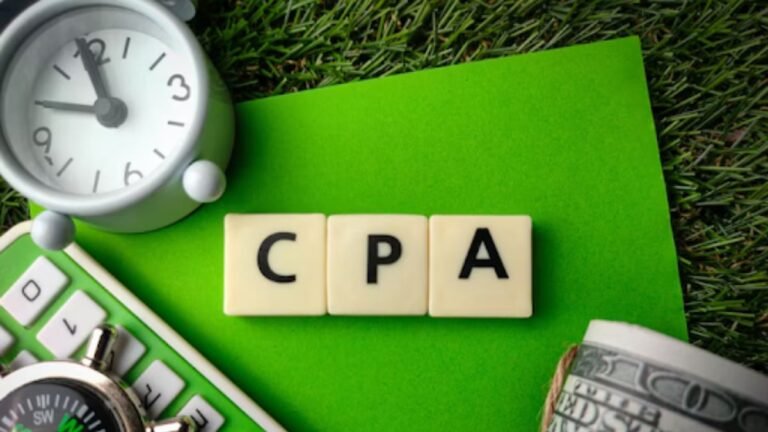The duties of CPAs (Certified Public Accountants) vary depending on the company’s goals and objectives for which they work. But to become a licensed CPA, you first have to obtain a certain level of education and training in managing various complex financial processes.
As a certified public accountant, you have to work in a variety of settings and perform different types of jobs. In this article, we will discuss the basic roles and responsibilities of CPAs, regardless of job titles.
- Tax Services
As a professional CPA, you have to file taxes and manage the different legal processes associated with it, such as:
- Tax Returns: CPAs prepare and file taxes for individuals as well as businesses, ensuring accurate reporting.
- Tax Planning: You have to provide detailed tax planning, helping people and businesses minimize their tax obligations and maximize their benefits.
- Tax Compliance: As a CPA, you must be well-versed in all tax laws and regulations and ensure compliance with them.
- Auditing
Audits are crucial for businesses to verify financial accuracy, prevent fraud, and ensure compliance with the standard rules and regulations. But conducting an audit is not straightforward and involves various complexities. That’s why businesses always prefer a certified public accountant for this task, as these experts are familiar with all relevant accounting laws and financial reporting requirements.
However, if you want to become a CPA in Canada and conduct audits for different businesses, you must first obtain a basic education. After that, get a degree in a related field, as this is crucial for entering this profession. Additionally, consider taking some training courses to refine your skills, as possessing proper knowledge and expertise will enable you to plan accurate audits.
- Advising and Consulting
As a Certified professional accountant, you have to provide a wide range of financial advisory and consulting services to various individuals and businesses, such as:
- Budgeting: CPAs develop budgets and financial plans tailored to the business’s specific needs and performance conditions.
- Financial Analysis: As a professional CPA, it is your role to analyze a company’s data, assess potential risks, and suggest ways to improve its financial performance.
- Management Consulting: A CPA advises on a wide range of financial matters, including strategic planning, mergers and acquisitions, and cost reduction.
However, if you want to become a CPA but feel overwhelmed about starting this challenging journey, consider reading a guide on the Intuit website that outlines all the details about becoming a CPA.
- Maintaining Financial Records
A professional CPA maintains financial records for businesses, helping them to assess their performance and make informed decisions. You have to manage all the accounts payable, accounts receivable, and ledgers, ensuring accuracy and preventing costly issues.
However, maintaining financial records of any business can be overwhelming, as it involves various complexities. To effectively perform this task, acquiring proper foundational knowledge and skills is essential. Therefore, you must choose the right institution for your basic education and training. This will have a significant impact on your professional success.

